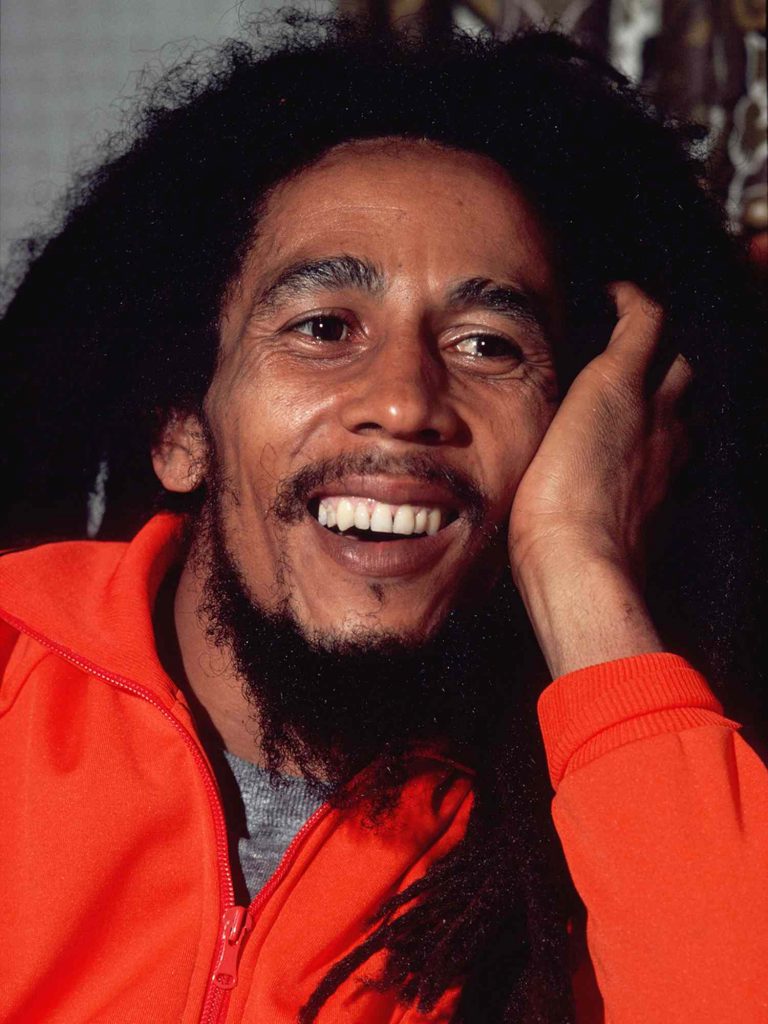Blog
Bob Marley: The King of Reggae and His Enduring Legacy
Introduction: Bob Marley, the legendary Jamaican singer, songwriter, and musician, remains one of the most influential figures in the history of music. As the king of reggae, Marley’s profound impact on the genre and his contributions to social and political movements have cemented his place as a global icon. This article delves into the life, music, and enduring legacy of Bob Marley, exploring how he transformed reggae into a powerful vehicle for change.
Early Life and Musical Beginnings: Robert Nesta Marley was born on February 6, 1945, in Nine Mile, Jamaica. Growing up in a rural and impoverished environment, Marley found solace in music. In the early 1960s, he formed the Wailers with Peter Tosh and Bunny Wailer, blending ska, rocksteady, and reggae to create a distinctive sound. The group’s early success in Jamaica set the stage for Marley’s rise to international fame.
Rise to International Fame: Bob Marley’s breakthrough came with the release of “Catch a Fire” in 1973, the Wailers’ first album under Island Records. The album’s fusion of reggae with rock elements resonated with a global audience, establishing Marley as a rising star. Subsequent albums, such as “Burnin'” (1973) and “Rastaman Vibration” (1976), further solidified his reputation. However, it was “Exodus” (1977) that became a landmark album, featuring hits like “One Love,” “Three Little Birds,” and “Jamming.” This album not only topped charts worldwide but also highlighted Marley’s ability to convey messages of love, peace, and resistance.
Themes and Influence: Marley’s music was deeply rooted in his Rastafarian faith, which emphasized themes of unity, peace, and social justice. Songs like “Get Up, Stand Up,” “War,” and “Redemption Song” addressed issues such as oppression, inequality, and resistance against injustice. His ability to articulate the struggles and aspirations of marginalized communities resonated globally, turning his music into anthems for various social and political movements.
Cultural and Political Impact: Beyond his musical achievements, Bob Marley was a cultural and political force. In Jamaica, he played a pivotal role in promoting peace during times of political turmoil, famously attempting to unite rival political leaders at the One Love Peace Concert in 1978. His advocacy for Pan-Africanism and his calls for social change inspired movements across the world, particularly in Africa and the Caribbean. Marley’s music became a symbol of resistance and hope for oppressed peoples, transcending cultural and geographical boundaries.
Legacy and Enduring Influence: Bob Marley’s legacy continues to thrive decades after his death in 1981. His music remains timeless, with albums like “Legend” (1984) becoming bestsellers and introducing new generations to reggae. Marley’s influence extends beyond music; his image and messages are synonymous with the fight for equality and human rights. Tributes in various forms, from murals and statues to documentaries and festivals, celebrate his life and work.
Conclusion: Bob Marley’s indelible mark on the world of music and his unwavering commitment to social justice have made him an enduring symbol of peace and resistance. As the king of reggae, Marley’s legacy is not just heard in his timeless songs but also felt in the ongoing global movements for equality and justice. His music continues to inspire, uplift, and unite people around the world, ensuring that his spirit and message live on.
 Skip to content
Skip to content

